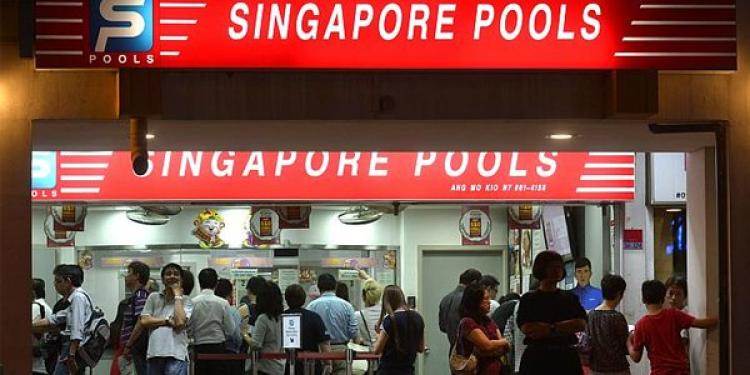Singapore Makes Progress With Its Self-Exclusion Program
Posted: September 26, 2014
Updated: June 4, 2017

Sports betting and gaming machine clubs have joined the initiative allowing exclusion through a single online application.
Four months ago, local authorities announced a new scheme for players who fear their gambling habits might have gone out of control, or those who find themselves spending too much time and money to bet on sports in Singapore.
Using the centralized self-exclusion scheme, Singaporean residents can now easily opt out of casinos, as well as non-gambling venues, simply by filling out an online application. This week 23 new venues – including social clubs with jackpot machines or sports betting activities – joined the initiative, to allow their customers to be included on the no-gambling list.
Extended responsible gambling program
The two casinos operating in Singapore already offer a responsible gambling program, and this new initiative is an extension of that program. Its goal is to make is accessible and convenient for gamblers to exclude themselves from multiple venues, all at once.
There are no licensed online casinos in Singapore, but the following websites can be trusted, as they hold permits in other countries:
“This is a move to strengthen responsible gambling measures for non-casino gambling,” Patrick Liew, co-chairman of the Responsible Gambling Forum told reporters.
The country has about 70 non-casino operators, which don’t fall under the same Singaporean gambling laws as the states two licensed land-based casino resorts. These small companies own approximately 90 venues, offering a total of 2,000 jackpot machines, all very popular among local players who don’t have access to other casino games.
About one third of all non-gambling venues in Singapore have joined the self-exclusion scheme, and officials are now facing a new challenge in trying to convince more of these so-called social clubs to do the same.
Some smaller non-casino venues had their own measures in place to deal with problem gamblers. It is not uncommon for social club members to take the matter into their own hands and come up with ways to prevent such problems. These venues were happy to join a program which streamlines the whole process.
Off to a good start
The online self-exclusion program was launched four months ago and by the end of August there were over 500 active non-casino self-exclusions.
Of course, that represents a small fraction of the over 165,000 active applications covering casinos. However, officials have noted that it’s a good start in a long process which aims to enhance responsible gambling practices in private clubs.
“While the Forum has been engaging operators to offer the centralized self-exclusion service, the increase also shows the commitment of the operators in promoting responsible gambling measures,” Liew commented.
The co-chairman of the Responsible Gambling Forum added that the organization will continue its efforts to engage more non-casino venues and to encourage them to adopt the scheme. The forum is made up of representatives from both the local community and the gambling industry. Officials are hoping they will be successful in persuading more social clubs to join the responsible gambling initiative.
Controlling problem gambling
Earlier in June, casino operator Resorts World Sentosa (RWS) ran a responsible gambling training programme. Participants included about 30 employees from 10 non-casino venues, and the seminar’s goal was to help private lottery clubs enhance their capabilities and become more efficient.
Those who participated were introduced to responsible gambling policies and got to find out more about the problems which can occur when things get out of hand. Participants were trained to look out for signs and learn to identify problem gambling behaviors. They were also taught to provide referrals to players who want to seek help.
Seah-Khoo Ee Boon, Senior Vice-President of RWS said: “For the smaller clubs, one of their challenges is their patrons are pretty regular so most of the staff in the smaller clubs would know the patrons personally. Because they know them personally, they find it more difficult to judge if one is a problem gambler.
“So one thing we managed to overcome during the course is to teach them not to be judgmental but to look out for behaviors, and we also teach them how to approach the patron in a very discreet and non-intrusive manner.”
While officials are taking measures to control land-based casinos and venues offering gaming machines, players should be careful when accessing online casinos in Singapore. Operators with a proper license abide always by strict responsible gambling policies, but there are also a number of illegal internet gambling sites and players should avoid these.













